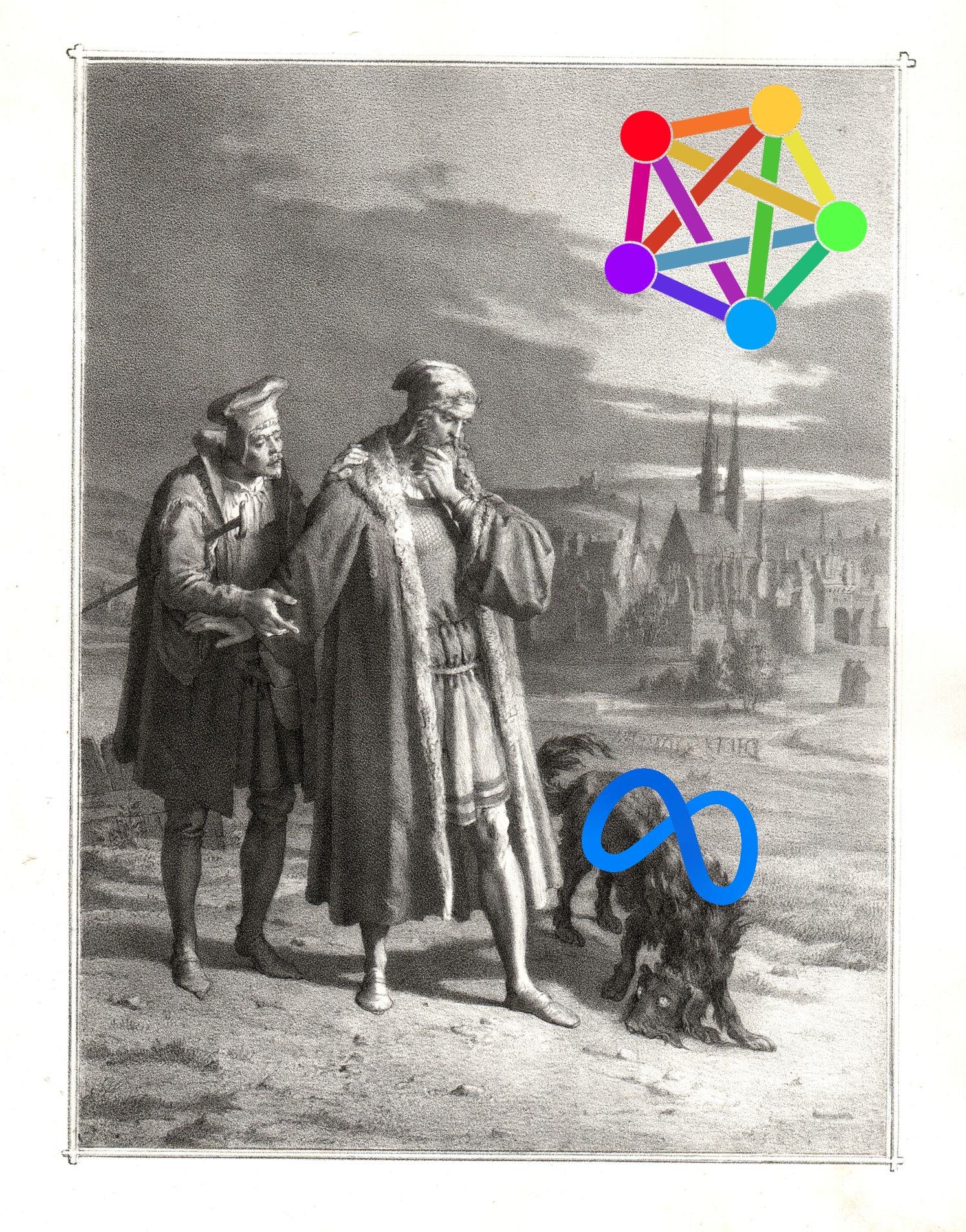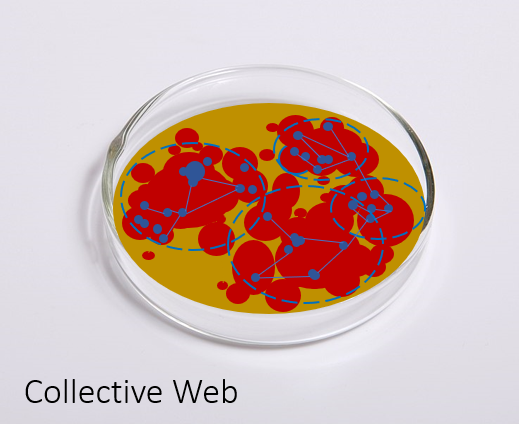Coder, Artist, Blogger (https://fungiverse.wordpress.com/, https://philpapers.org/archive/BINAKR.pdf), Admin of https://diagonlemmy.social
- 58 Posts
- 203 Comments
oh ok. Thanks :)

 8·27 days ago
8·27 days agoThanks for the explanation. Didn’t realize Bluesky/AT is more like a fedi-washed version of ActivityPub rather than a real alternative …
I’m not sure; on the one hand, I think the fact that federation has become a unique selling point in micro-blogging is indicating a positive trend; so even if people join Bluesky its good for the Fediverse. On the other hand, if federated just becomes another buzz word that means nothing at all, while places where the real innovation is happening are drowned out, the window of opportunity could just close.

 12·1 month ago
12·1 month agoI think its a cool idea. I had a similar idea once: https://fungiverse.wordpress.com/2024/07/27/floo-network-anouncement/ but for the whole social web instead of just Lemmy.
Its interesting, it could get overwhelming easily though. Maybe this could be solved by only showing instances of a certain size?
:D good one. My new favourite take on nostr.
Even if it doesnt have much impact on activitypub-fedi, I think this is good news for the fediverse in general. X is loosing more and more relevancy and microblogging is more and more happening on federating services.
Its less open, but its definitely federated. Whether its a walled garden or not depends on the definition ;)

 6·1 month ago
6·1 month agoI’m not sure something like this will be the killer app for the Fediverse.
I think its more a transition-app as long as we have protocol wars. Most people are good with having access to the majority of the Fediverse and probably dont even know about the others.
Its still a great idea!

 1·1 month ago
1·1 month agoRegarding 2: you can also join the Fediverse this way with certain clients I believe. You are automatically signed up for lemmy.world for example

 5·2 months ago
5·2 months agoPiefed has topics, so different fediverse communities can be viewed through the Fediverse-topic for example
It was an interesting read. I’m willing to do certain parts of that like listening more to marginalized voices. What bugs me though is that basically the text says that we need to disrupt the system, because its racist; but on the other hand, it basically assumes that the system was and always has been racist. And this is again identity politics: based on Focaults post structuralism; societal, liberal progress is a myth, etc. etc. There is no actual believe in societal progress (which I do believe in primarily through technological progress).
I think the topic of racism and discrimination needs to happen on the Fediverse if its an issue. However, I’m worrying that your approach is more counterprodctive. I think its fine to ask for proof for the supposed racist culture on Lemmy, because I think every argument needs to have some argumentative ground. I’m against discrimination (which certainly happens on the Fediverse), but I dont think identity politics have come up with productive tools to tackle the issues they point out.

 61·6 months ago
61·6 months agoFair enough. I take it into account next time.

 2·6 months ago
2·6 months agoThanks :)

 6·6 months ago
6·6 months agoDo you know how far the development is? (just curious)

 11·6 months ago
11·6 months agoThey are following us because we‘re gaining traction. We‘re just going to stay ahead.
Agreed.
It’s fine. I guess we want to achieve the same thing but with different strategies. Let’s see what the future will bring.

 11·6 months ago
11·6 months agoYour wording shows that you‘re fully convinced that meta is some kind of deity.
Nope, just a company. I know that it has done some bad things. I just don’t think your strategy is effective.
We‘re not ignoring them, we‘re effectively boycotting them.
How can you effectively boycott something without social media? The Fediverse has ca. 2 million active users, Meta services have much more. If boycotting something means cutting yourself off from most of social media, nobody will notice and it won’t hurt Meta a bit. Its the #deletefacebook all over again.

 1·6 months ago
1·6 months agoIts a lucky guess. Enshitification happens in walled gardens because users cannot move to another service. In the Fediverse, I think this aggressive commercialization will not happen because users can just change to another server.

 22·6 months ago
22·6 months agoThat’s great, but you are not alone in this world. You cannot just pretend like Meta doesn’t exist. Actually, it will be the most powerful instance in the Fediverse. Its a new reality the Fediverse finds itself in and you just want to opt out of it and carry on like before. I understand it, but I just don’t think it will work.














I think thats unlikely. If the fediverse wants it or not, its growth is now heavily dependent on Meta